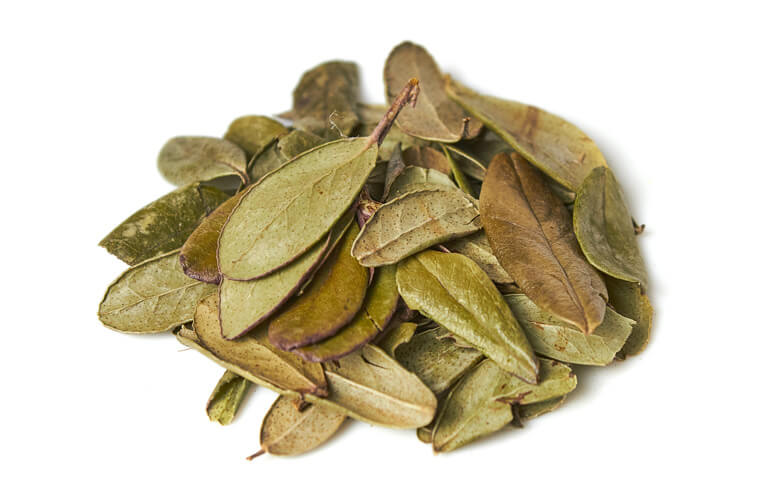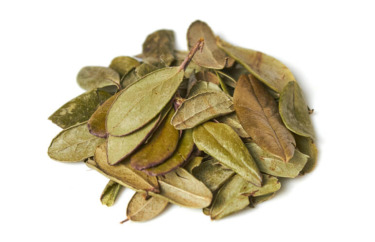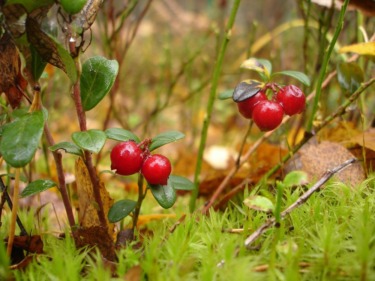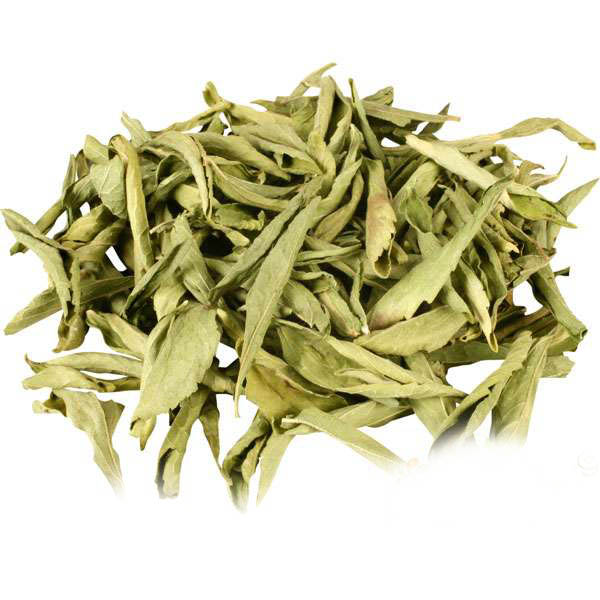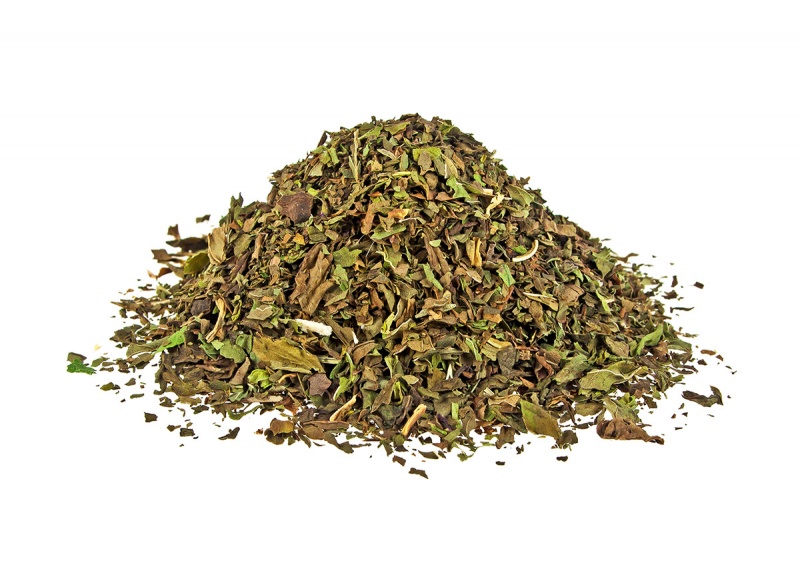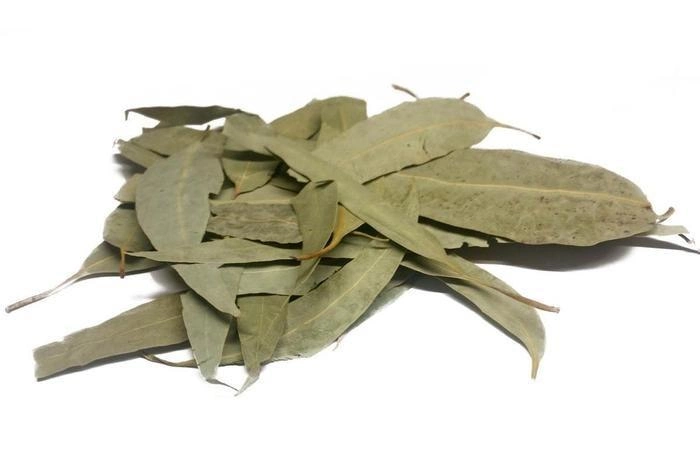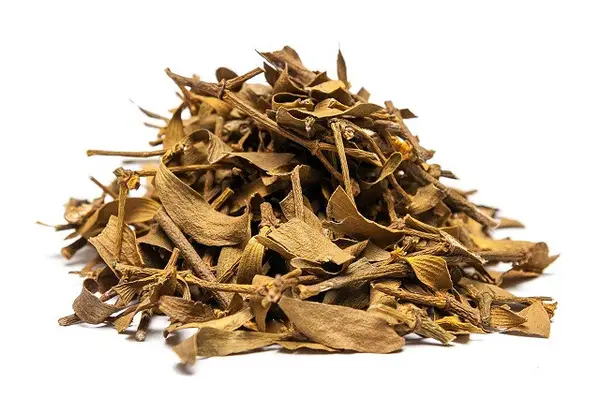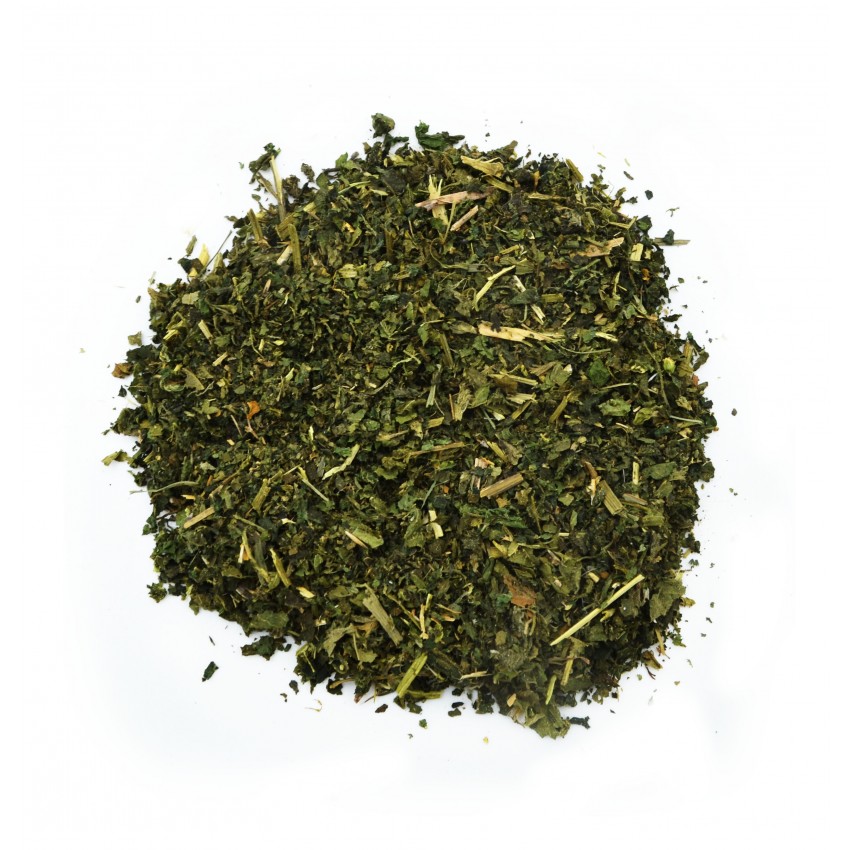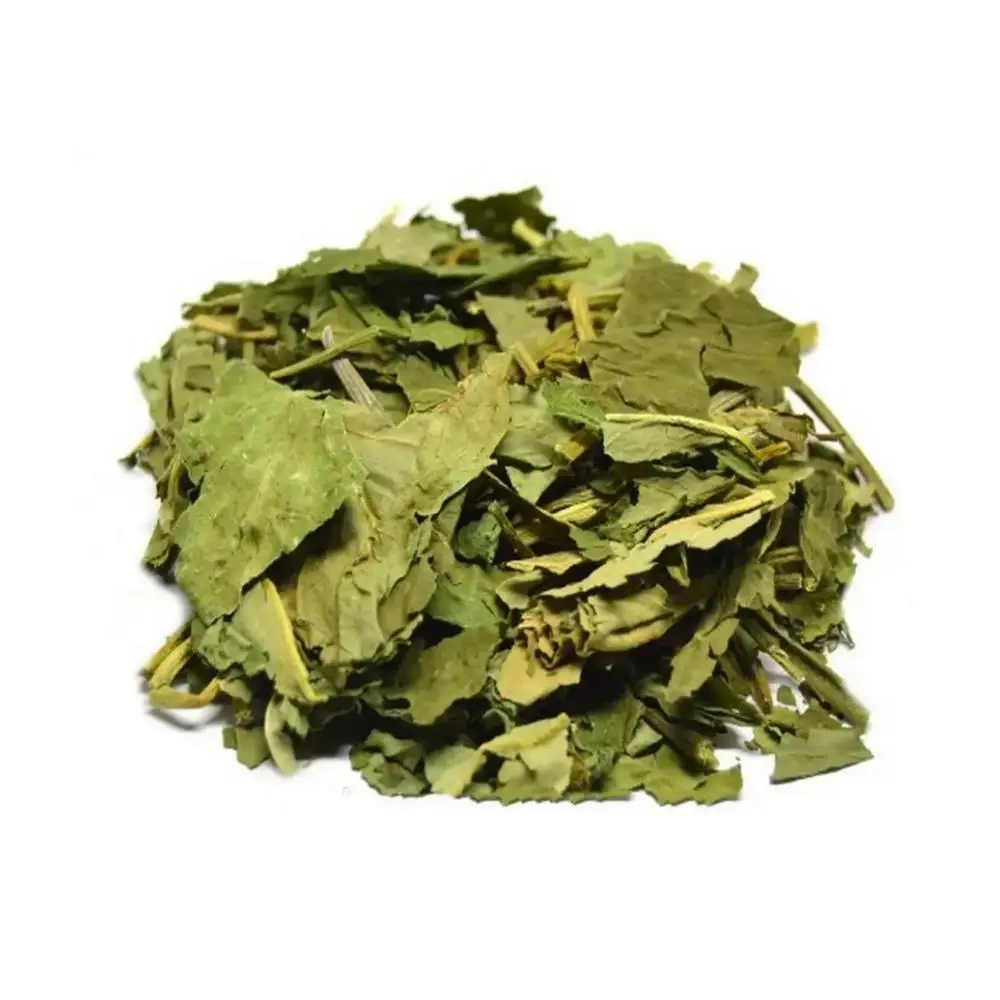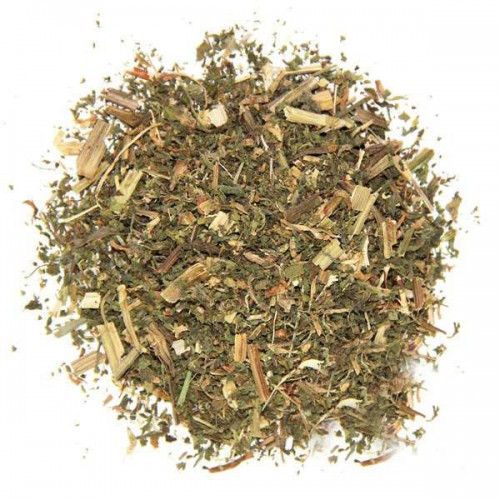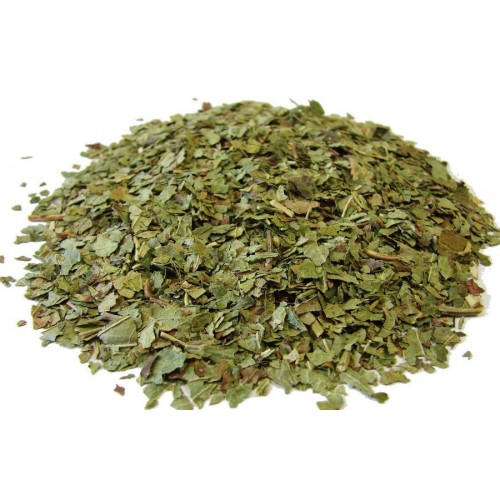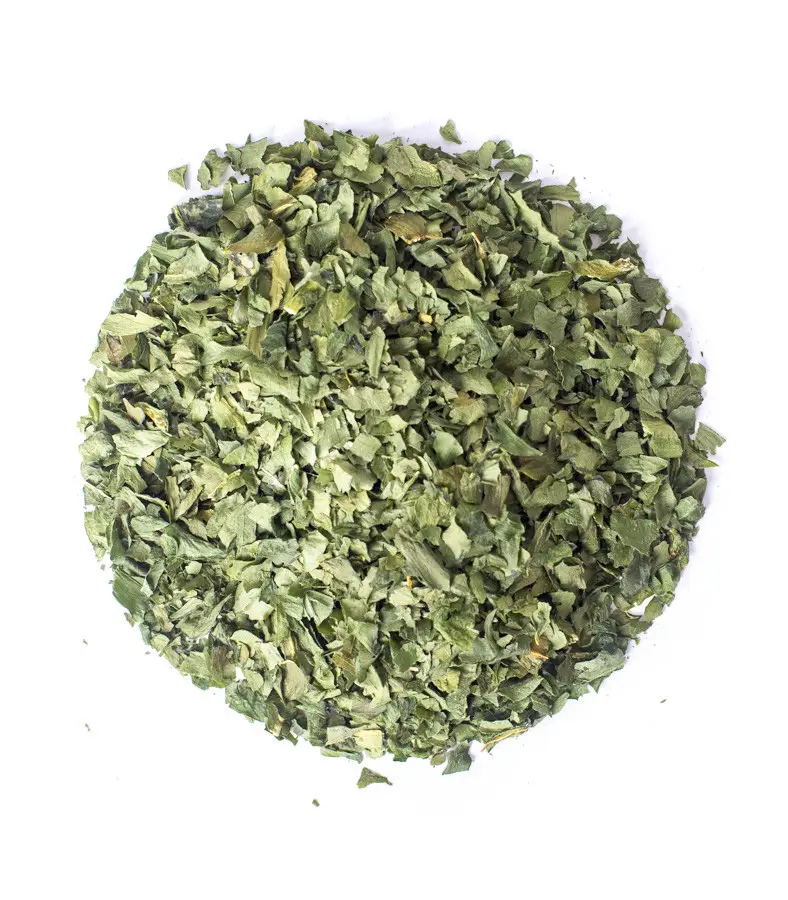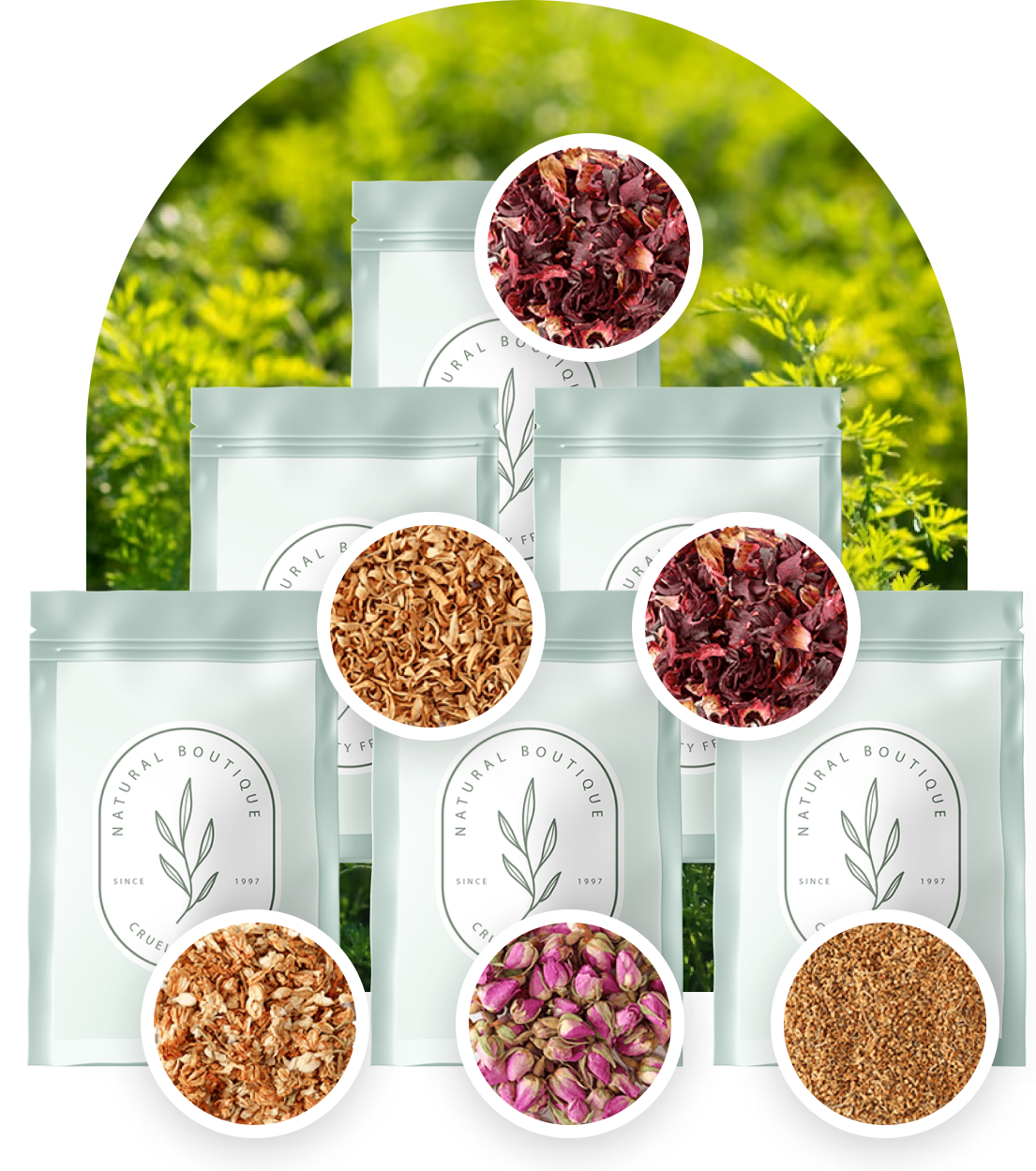For medical purposes, the use of lingonberry leaves can be recommended for diseases of the urinary tract, including inflammation. This type of raw material can also be used to treat gastritis and gastroenteritis. Lingonberries have beneficial properties that help fight constipation, flatulence and diarrhea. Preparations containing lingonberries can also be used as topical treatments for skin diseases, acting as antimicrobial, anti-inflammatory and healing agents.
Not only the leaves, but also the berries of lingonberries are used in medicine. Due to their high vitamin content, they are an important source of vitamins for colds and viral diseases. Similar to the leaves, cowberry fruits can be useful in the treatment of kidney, joint, gastrointestinal, and urinary tract diseases. In addition, they can have a moderate sedative effect and enhance the effect of antibiotics in the treatment of colds and inflammation. Lingonberries are an effective remedy for vitamin deficiency and zinc deficiency.
The plant is a part of herbal remedies used to treat diseases such as nephritis, pyelitis, urethritis, cystitis, and urolithiasis. In addition, lingonberry leaves are used to treat childhood urinary incontinence. The beneficial properties of the plant are to stimulate the mucous membranes, which helps to normalize the secretory function. This makes lingonberries effective in case of gastritis with low acidity.
Lingonberry leaves are also useful for external use in dermatological diseases. Decoctions, compresses, lotions and baths from the upper part of the plant help to eliminate inflammation and stop the spread of bacteria. Lingonberry preparations promote the regeneration of wounds, cuts and other skin injuries.
